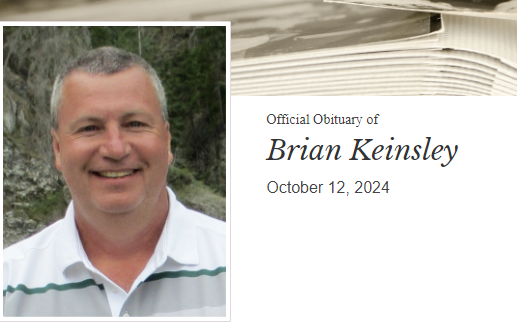Introduction: The transition from a high-stakes professional career to retirement or career changes can have profound effects on an individual’s health. High-level professionals, particularly those in executive positions, often face unique challenges that contribute to both physical and mental health risks. Chronic stress, identity loss, and financial concerns can create a perfect storm that negatively impacts well-being. Below, we explore various studies and research findings that shed light on the relationship between stress, retirement, and long-term health outcomes for those in leadership roles.
1. Stress and Health in High-Level Professionals:
- Chronic Stress: Numerous studies have shown that chronic stress, often associated with leadership roles, can negatively impact cardiovascular health, lead to hypertension, and increase the risk of heart disease, stroke, and other serious conditions. Executives, CEOs, and high-level professionals are often exposed to significant amounts of stress, and this can affect both physical and mental health over time.
- Mental Health and Burnout: A study by the Harvard Business Review found that high-level professionals often experience burnout, depression, and anxiety due to their demanding roles. Burnout can also lead to cognitive and emotional exhaustion, contributing to long-term health complications.
2. Retirement and Post-Career Health Decline:
- The Retirement Effect: Research published in The Journal of Human Resources and other academic sources indicates that retirement can lead to both positive and negative health outcomes. For some, retirement reduces stress and improves overall well-being. However, for others, especially those who strongly identify with their work or leadership role, retirement can lead to a decline in mental and physical health.
- A study by the National Bureau of Economic Research (NBER) found that men in particular often experience increased rates of depression, anxiety, and other health problems after retirement, which may be due to a loss of purpose, routine, and social engagement. For some, the sudden change can lead to significant stress or feelings of identity loss, contributing to health issues.
3. Financial and Economic Stress Post-Retirement:
- Economic Stress and Health: According to the American Psychological Association (APA), financial instability or concerns about maintaining one’s standard of living in retirement can be a major source of stress. While high-level professionals like your mentors likely earned significant incomes, the pressure to maintain their financial position and lifestyle, especially without a comparable job, can create ongoing stress.
- Status and Identity Loss: Studies from Psychology Today have noted that high achievers in executive positions often tie their self-worth to their careers. When leaving a high-ranking role, they may face an identity crisis, causing stress that can lead to both mental and physical health decline.
4. Life Expectancy of Retired Executives:
- Some studies have examined the relationship between retirement and life expectancy, though results vary. Research from Oxford University found that while early retirement sometimes correlates with increased longevity for lower-stress jobs, the opposite is often true for high-stress professions, where retirement may be followed by a decline in both health and lifespan. Stress, a sense of lost purpose, and the difficulty of adjusting to life without the structure of a career can contribute to this.
5. The Role of Credibility and Job Market Pressure:
- Impact on Identity and Self-Worth: High-ranking professionals who leave their jobs may also struggle with feelings of diminished credibility or relevance in their industry, especially if they cannot find similar positions. This can cause stress, especially for individuals who have built their self-esteem around professional success.
- Job Market Pressure: For older professionals, finding comparable roles can be difficult due to age-related biases in the job market. According to the Center on Aging & Work at Boston College, older executives may face ageism and reduced job opportunities, which can be financially and emotionally stressful.
Conclusion:
There is statistical and academic evidence suggesting that the combination of chronic stress from high-level careers, the challenges of adjusting to retirement, and the potential financial or identity-related concerns can lead to significant health risks, particularly for men in leadership positions. These risks include physical conditions like heart disease as well as mental health challenges like depression and anxiety. The passing of your mentors after leaving their careers may align with some of these common patterns.
While each case is unique, the impact of work-related stress and retirement on health is a well-documented phenomenon, and seeking meaning and purpose beyond one’s career may help mitigate some of these risks.
P.S. As I, Di Tran, Founder of Viet Bao Louisville KY, mourn and reflect on the profound impact of my two mentors, I invite you to read more about their incredible lives:

- Thomas Turley Noland Jr. was a brilliant communicator and corporate leader at Humana who passed away in 2022 after a battle with cancer.

- Brian Keinsley was a kind and talented IT leader, retiring as Senior VP/CIO of Humana, who left us on October 12, 2024.
Their legacies remain close to my heart.

